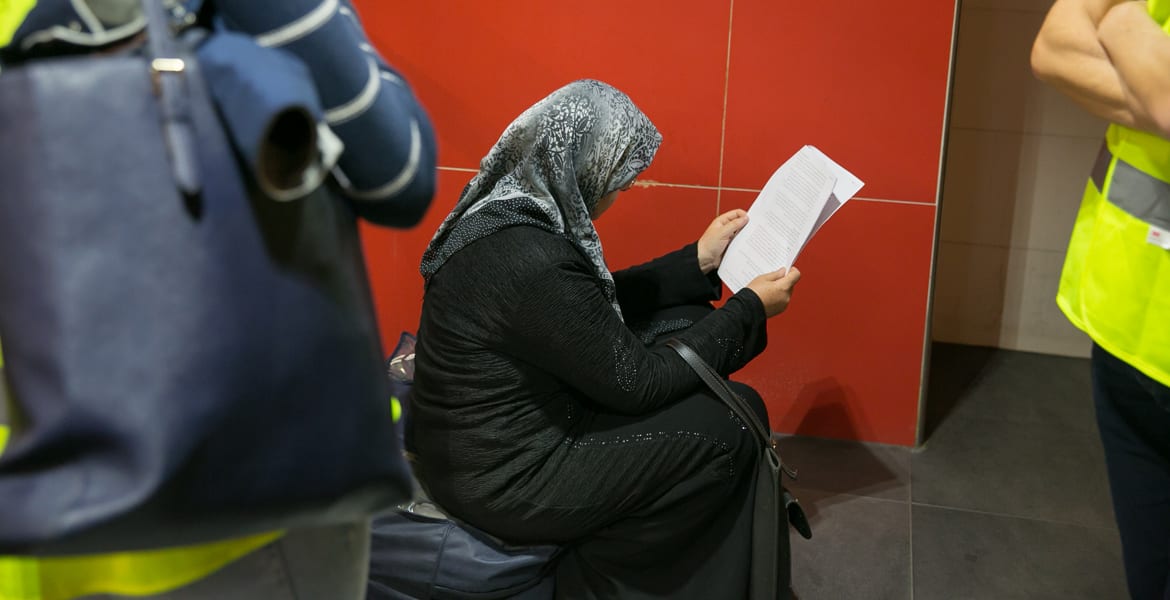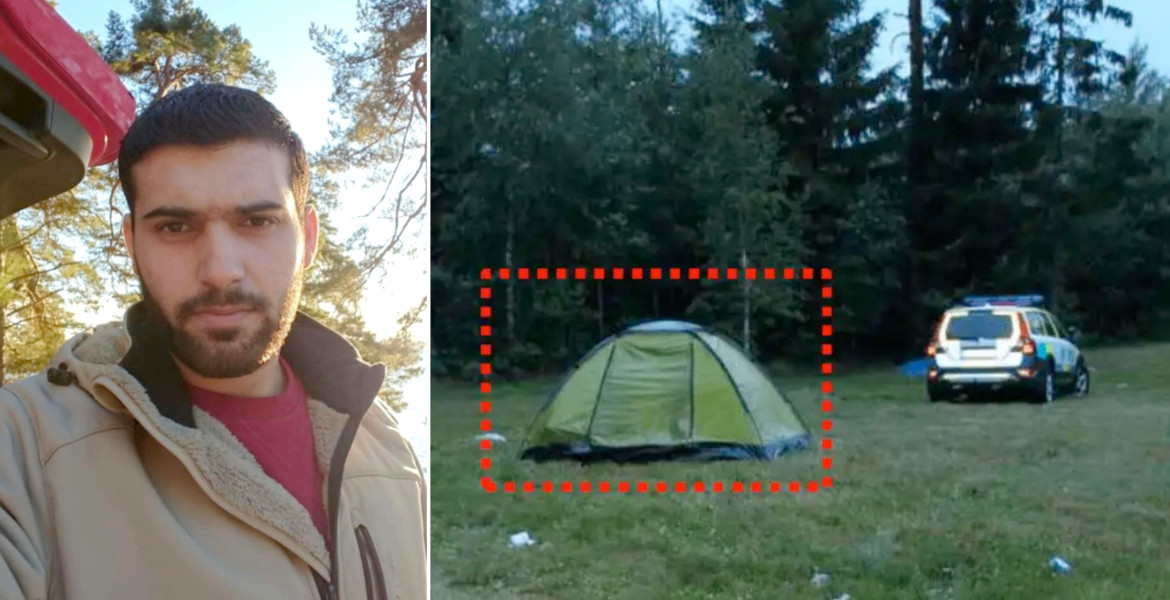At several of the country's special youth homes run by the Swedish National Board of Institutional Care (Sis), the shortcomings are so extensive that they pose a direct threat to the safety and health of the young people. This is revealed in a new review by the Swedish Health and Social Care Inspectorate (Ivo), which describes the problems as recurring and long-standing.
According to Ivo's report, children and young people in Sis homes have in several cases been subjected to violence and suspected abuse. A total of 17 of the 21 institutions have been inspected and found to have serious shortcomings in their operations.
At four of the youth homes, the situation is so serious that Ivo believes there is a significant risk of violence or danger to the lives and health of the children. In these cases, the authority has decided to demand immediate measures or that the operations be temporarily suspended.
According to the report, inadequate staffing at night is one of several underlying causes of the serious situation.
– This indicates that what Sis has done to address the problems is not enough, said Pia Karlsson, unit manager at Ivo, to the Bonnier newspaper Dagens Nyheter.
"Have the ultimate responsibility"
The report sees the continuing problems in several places as a sign that Sis, despite pressure, has not succeeded in implementing effective systematic improvements.
– Ivo is doing what it can, based on its mandate. Then we have Sis, which runs these operations, and it is they who have the ultimate responsibility, and the total responsibility, I would say, for all youth homes, Pia Karlsson continued.
Back in May, the Children's Rights Agency published a report showing that violence against children by staff is increasing in Sis homes. Young girls are particularly affected, despite the problem having been highlighted several times in the past.
In 2024, there were a total of 21 special youth homes run by Sis, with a combined capacity of over 700 places.
Despite testimonies of violence and abuse, those responsible for Sis do not wish to comment on the abuses and refer to the fact that they first want to review Ivo's report in its entirety.
A SiS home, or special youth home, is a state institution run by the Swedish National Board of Institutional Care (SiS) and offers compulsory care for young people with serious psychosocial problems, such as criminality or substance abuse.
Care is provided under the Care of Young Persons Act (LVU) or the Act on the Enforcement of Closed Juvenile Care (LSU) for those convicted of serious crimes. The SiS homes are lockable and have special powers, such as restricting visits and the use of mobile phones and the internet.
The purpose is stated to be to provide care for young people who have been convicted of serious crimes.
The aim is said to be to provide the young people with structure, treatment and education to enable a return to a functional life without crime or abuse, and placement takes place after a decision by social services and the administrative court.




